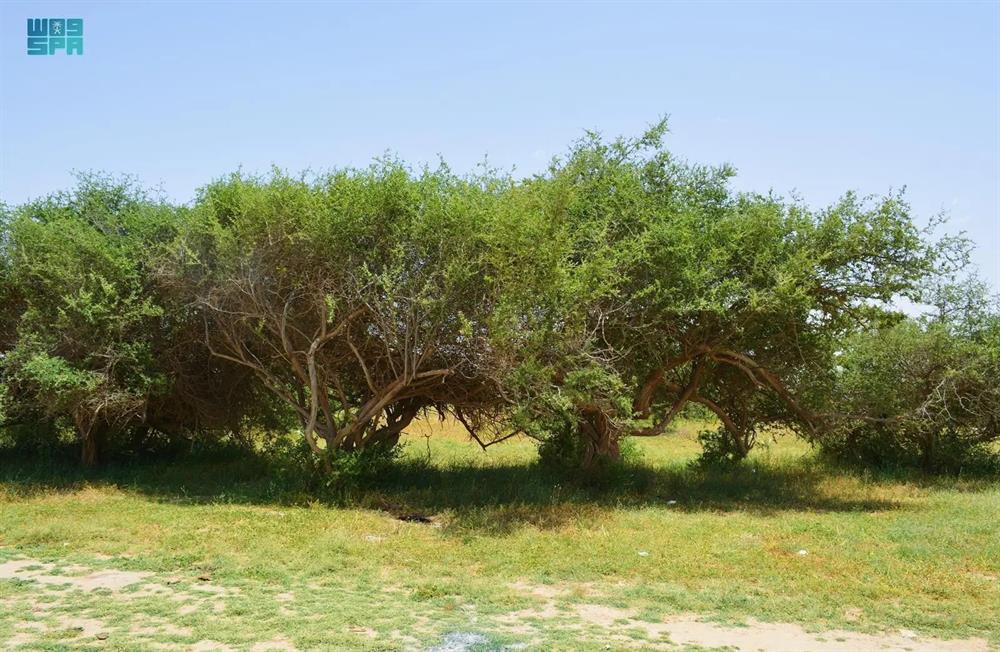29/3/2024. By Mohammed Aty

(Reuters) – Faced with a failing date palm business due to scarce resources, Iraqi farmer Ismail Ibrahim has planted “sidr”, or jujube, trees which require far less water during an irrigation crisis.
Iraq is part of the “Fertile Crescent”, arable land sweeping from the Mediterranean to the Gulf which has been farmed for thousands of years.
Today, the landscape has been devastated by upstream damming of the main two rivers, the Tigris and the Euphrates, lower rainfall trends and decades of armed conflict, leaving farmers such as Ibrahim facing the loss of their livelihoods.
As Ibrahim tended the soil, he explained that the medium-sized evergreen sidr trees native to the Middle East consume little water and are able to rely on salty groundwater.
The sidr bears fruit from its second year, while the palm takes at least five years, he added.
“I turned to sidr because I see its financial return is better than palm trees,” he said. “Even if you give it salty water, the fruit will be the same, and it may even be better.”

Palm trees are not as durable, he added.
“If you give them salty water constantly, the taste will not be sweet, and it will not grow as much, and it may die, and it may not give you the same quality,” he said. “Here we are on sandy land. Sidr here would be number one.”
Iraq has been trying to emerge from years of conflicts ranging from former President Saddam Hussein’s invasion of Kuwait in 1990 to the 2003 U.S.-led invasion that toppled him to the violence wreaked by Islamic State militants who took over large swathes of the country, destroying its economy.
For farmers, the water shortage is the latest blow to their business.
After years of investment in his palm farm, Abbas Ali is coming to grips with the grim reality that his produce has fallen victim to the high percentage of salt in the water.
“The destruction of the palm tree, and the contamination of the soil in general, lead to most farmers to abandon palm cultivation due to the high percentage of salts,” he said.
“The high percentage of salts can continuously pollute the soil, it cannot be disposed of easily because if the salt tide comes, you cannot get rid of it in an instant.”
Writing by Michael Georgy; editing by Miral Fahmy
http://www.afedmag.com/english/NewsDetails.aspx?id=7710
